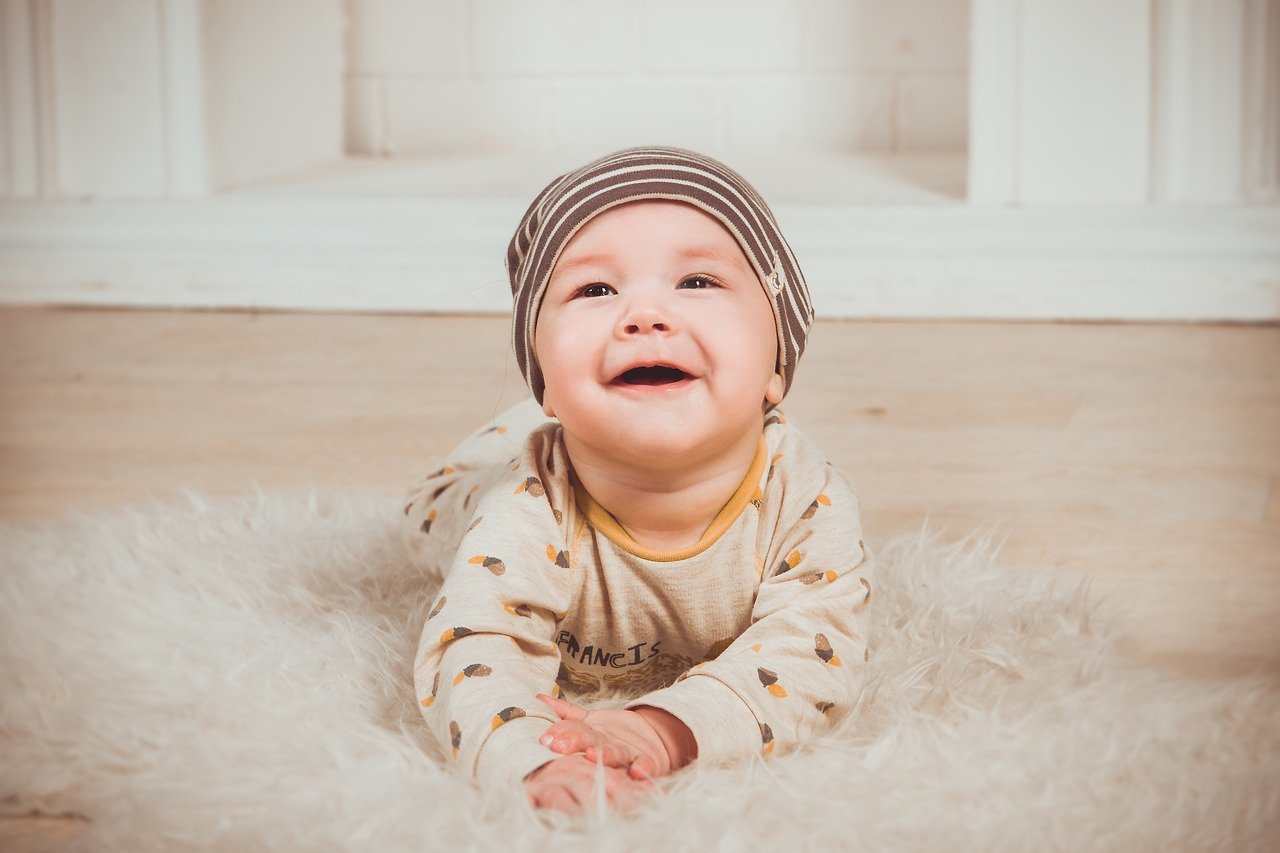
A new study has demonstrated that babies show early signs of altruism by giving up food despite being hungry to adults who appear to want it too.
The study, which examined the beginnings of altruism in humans, showed how hungry babies were willing to give up food and give them away. The researchers studied almost 100 babies who were 19 months old.
Andrew Meltzoff, co-director of the Institute for Learning & Brain Sciences at the University of Washington, said the babies "looked longingly at the fruit, and then they gave it away! We think this captures a kind of baby-sized version of altruistic helping."
Meltzoff and his team chose babies who were 19 months old because it was the age when many babies are starting to have temper tantrums, according to the American Academy of Pediatricians.
This is also the age that babies are likely to hit, bite or scratch others when denied what they want, a part of their developmentally appropriate experiments with new behaviors.
Lead author Rodolfo Cortes Barragan, a postdoctoral researcher at the Institute for Learning & Brain Sciences, mentioned: "We adults help each other when we see another in need, and we do this even if there is a cost to the self. So we tested the roots of this in infants."
In the study, the researchers used baby fruit favorites such as blueberries, bananas and grapes to test whether the infants would spontaneously, without being asked, give their food to a total stranger.
Results revealed that more than half of the babies in the test group, who were affected by the adult's obvious desire for the treat, picked up the fruit and gave it to the adult.
Barragan said: "We think certain family and social experiences make a difference, and continued research would be desirable to more fully understand what maximizes the expression of altruism in young children."
"If we can discover how to promote altruism our kids, this could move us toward a more caring society," he added.






